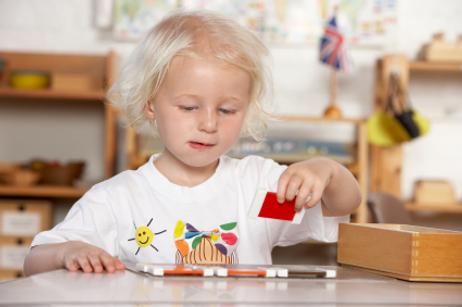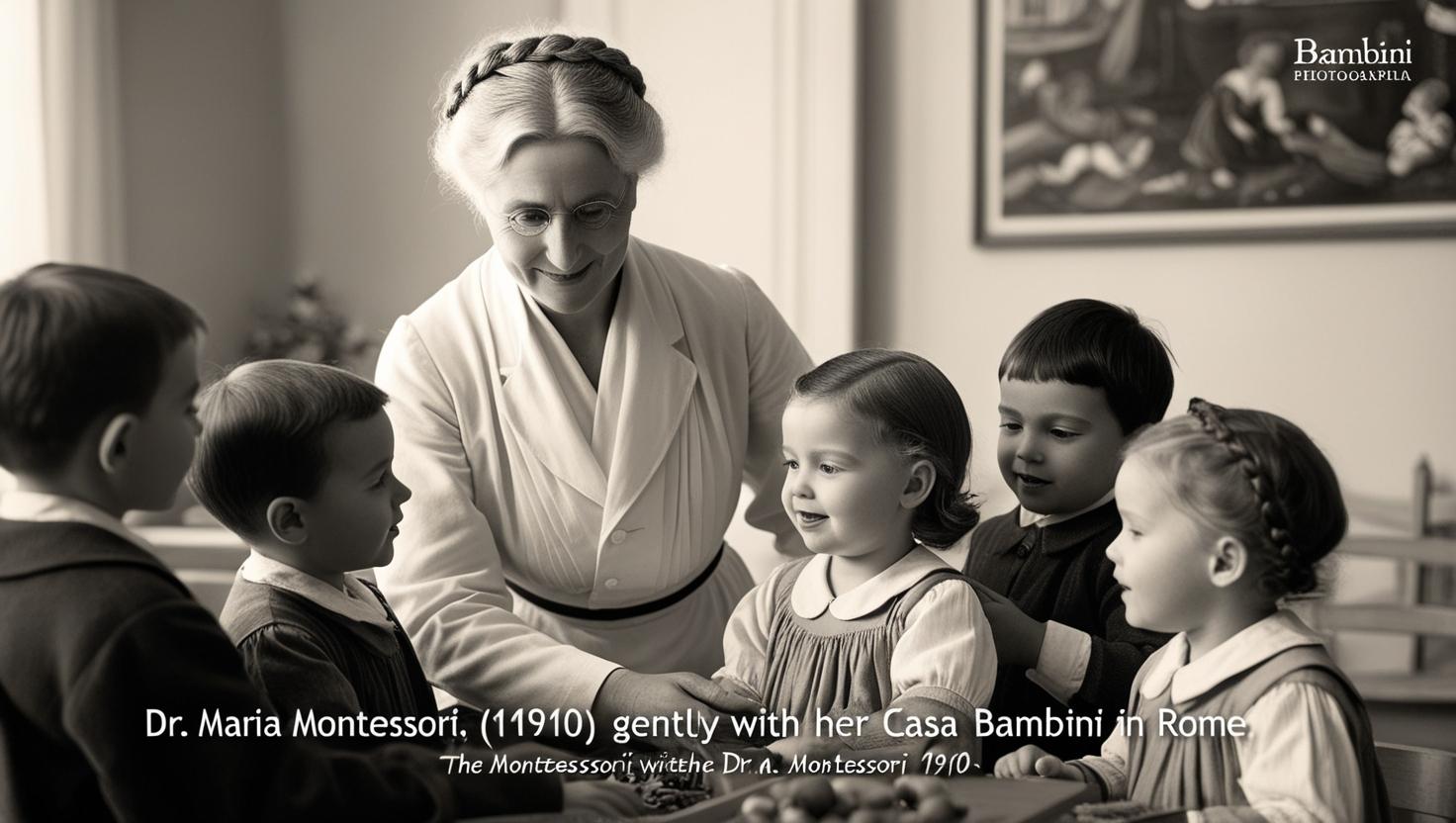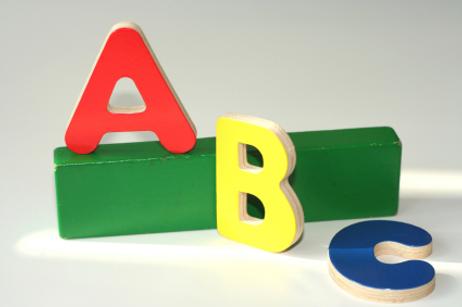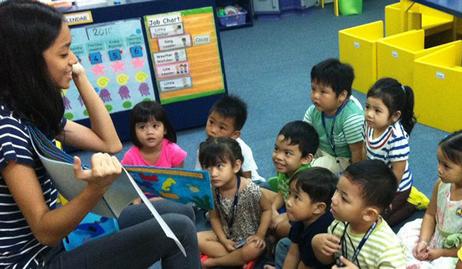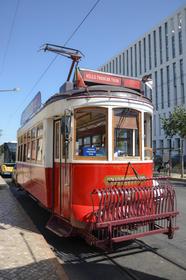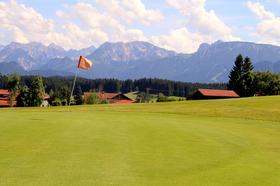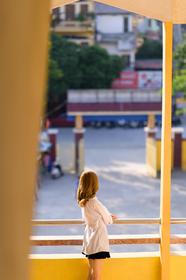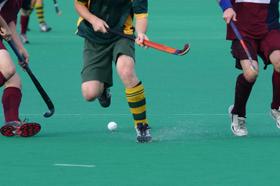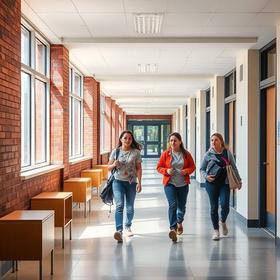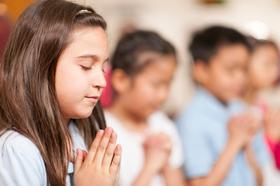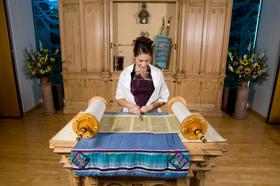As you explore your elementary school options, take time to find out about Waldorf education. Waldorf schools, or Steiner schools as they are often called, had their genesis in the writings and philosophy of Austrian philosopher and social reformer Rudolf Steiner (1861-1925). To put Steiner into some sort of context, think of him as northern Europe's equivalent of Dr. Maria Montessori.
These two remarkable people shared something in common which would ultimately lead to the establishment of educational movements based on their philosophies and approaches: namely that children from the less-privileged stratae of society were capable of achieving the same levels of academic accomplishment as children from more privileged homes. The key to success was their approach to teaching children as well as their insistence that the traditional ways of educating children not be used. In addition both Montessori and Steiner insisted on complete control of their schools. No state or local government interference would be tolerated.
Maria Montessori established her school in the poorest neighborhood of Rome because she was convinced that every child, no matter what his social circumstances, was capable of learning. Dr. Montessori carefully observed the children in her school and recorded the results of her experiment.
Rudolf Steiner like Dr. Montessori earned a doctoral degree. He earned a Doctor of Philosophy from the University of Rostock in 1891 and established his first school for the children of factory workers in 1919.
Today Waldorf schools offer an alternative to traditional K-12 schools.


